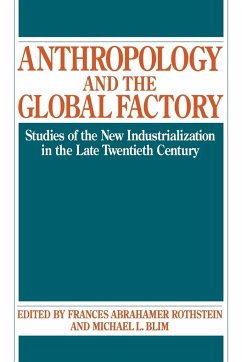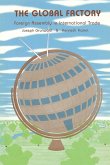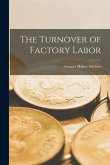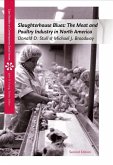The world is fast becoming a global factory in which workers, entrepreneurs, and multinational corporations find themselves producing for the world capitalist market. This collection of original essays explores in concrete anthropological detail the ways that people throughout the world have been drawn into this new international labor web. Broad in scope and far-reaching in their analyses, the chapters in this book offer numerous examples of this new world order. The case studies focus on industrialization in small-scale workshops and informal work-at-home situations as well as multinational corporations. Undertaken in every continent, in core as well as peripheral regions, the studies cover the perspectives of the workers, the entrepreneurs, and the corporations. In this systematic view of the capitalization of the world economy, the contributors demonstrate how new economic linkages are being formed between world markets and small-scale entrepreneurs and home-based local producers and how late-developing regions attempt to gain economic sovereignty through the marketing of local product specialties. At the same time, the contributors' investigations provide concrete evidence of local efforts to create culturally distinct and socially equitable lives--showing how the spread of the world capitalist economy changes the everyday lives of people. They point to ways in which people use their local traditions of kinship, culture, and community to resist and shape economic change to more satisfying local ends.
Hinweis: Dieser Artikel kann nur an eine deutsche Lieferadresse ausgeliefert werden.
Hinweis: Dieser Artikel kann nur an eine deutsche Lieferadresse ausgeliefert werden.








